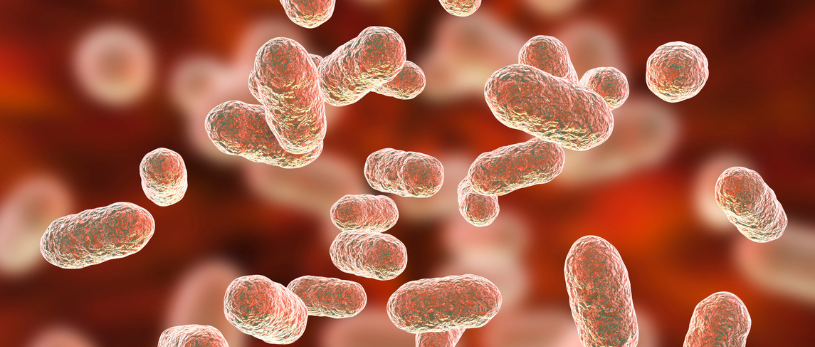Egg donation is a topic surrounded by myths and misinformation, which can cause unnecessary doubts and fears. If you are considering being a donor or simply want to learn more about this process, it is essential to separate facts from fiction. Today we are going to debunk some of the most common myths about egg donation, so you can make informed decisions and feel confident in your choice.
Myth 1: Egg donation is dangerous for long-term health
Reality: Many women fear that donating eggs may affect their future health. However, studies indicate that egg donation is a safe process when carried out under proper medical supervision. At Gravida, we have a team of professionals with extensive experience, as well as our own specialized operating room, allowing for thorough control of each procedure. Additionally, being integrated into the Hospital de Barcelona, we have the advantage of quickly accessing other medical specialties if necessary, ensuring a comprehensive response to any eventuality.
Myth 2: The donation process is extremely painful
Reality: Every woman experiences the process differently, but most donors report only mild discomfort, comparable to premenstrual syndrome. The procedure for obtaining the eggs is performed under light sedation, so there is no pain during it. After the procedure, you may feel some bloating or discomfort, but this is generally resolved with common pain medications.
Myth 3: Donating eggs means giving up future motherhood
Reality: A common fear is that donating eggs may use up all of a woman’s available eggs, affecting her own ability to have children in the future. This is a misunderstanding. Women are born with millions of ovarian follicles, and donating does not significantly affect the ovarian reserve. Additionally, the donor’s fertility is not compromised as only the eggs that the body would naturally produce and discard in that cycle are used.
Myth 4: The egg donation treatment is very long and restrictive
Reality: Many people think that the egg donation process requires a lot of time and is inflexible. At Gravida, we understand that our donors have busy lives, so we offer programs that require only a few visits to the clinic and strive to adapt the schedules to your personal and work needs. The entire process usually takes between 10 and 15 days.
Myth 5: The medication for egg donation is complicated to administer
Reality: While the process includes the administration of hormonal medication, at Gravida we provide you with all the necessary information and support to make you feel comfortable and safe. Additionally, our team is available to guide you every step of the way, ensuring that administering the medication is as simple as possible.

Myth 6: If you donate eggs, there will be many of your children around the world
Reality: Many potential donors worry about the possibility of having a large number of biological offspring scattered around. However, Spanish legislation limits the number of live births that can result from a single donor to a maximum of six to prevent such situations and maintain ethics in the donation process.
Myth 7: Egg donation only benefits the recipients
Reality: In addition to helping others form a family, many donors experience a sense of pride and satisfaction in knowing they have made a significant contribution to someone’s life. Furthermore, the process includes a complete medical evaluation, which can provide the donor with valuable information about her own reproductive health.
Myth 8: Donating eggs is like selling a part of your body
Reality: Although donors receive compensation for the inconvenience and time invested in the process, it is not a “sale” of eggs. The compensation is given for the donor’s commitment and effort, not for the value of the eggs themselves.
Myth 9: Any woman can donate eggs
Reality: There are strict criteria that potential donors must meet, including specific age ranges (between 18 and 35 years), good general health, and absence of hereditary genetic diseases. This ensures the safety of the process for both the donor and the future baby.

Myth 10: Egg donation will affect your sex life and hormone levels permanently
Reality: The egg donation process is temporary and does not have long-term effects on your hormone levels or sex life. Once the donation cycle is completed, your body will return to its normal hormonal state.
In conclusion, donating eggs is an altruistic gesture that can change other women’s lives, allowing them to fulfill their dream of having a family. At Gravida, we are committed to supporting you every step of the way, ensuring that your experience is as rewarding and safe as possible. Debunking these myths is essential for you to make an informed and calm decision.
Interested in learning more about egg donation with Gravida?
In this video from our YouTube channel, Andrea Abbad, coordinator of Gravida’s gamete donation department, answers many questions
about egg donation.
However, if you still have questions, contact us for more information and find out how you can be part of this wonderful journey.
- By WhatsApp at 608 19 50 50
- By phone at +34 932066489
- By email at donacion@gravidabcn.com
- By form at this link.




